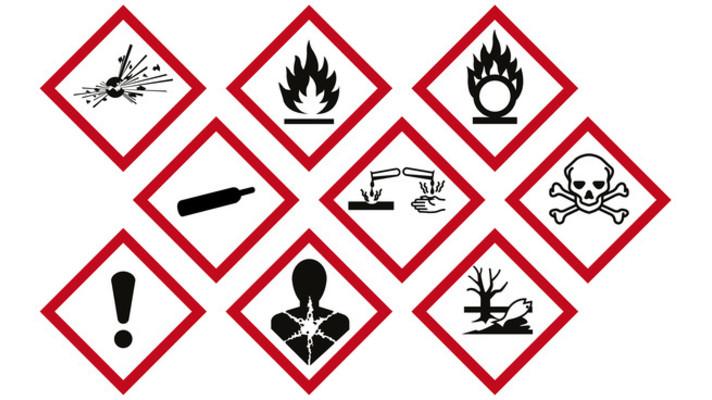LONDON - Britain\'s food watchdog said last week it had confirmed a Swedish study which found a substance that may cause human cancer in everyday foods, but it advised people against changing their diets or cooking habits.
British study finds likely carcinogen in foods
In Brussels, the European Commission said it would not act until it had more information on acrylamide, which the British Food Standards Agency (FSA) found in high-carbohydrate foods such as packets of chips, crispbreads and cooked potatoes.
Acrylamide has been shown to cause cancerous tumours in rats and although it may be present across cooked or prepared foods there is little knowledge of what effect eating it might have on human health, the FSA said.
\"We are advising people they should not change either their food or cooking and that they should eat a balanced diet - (particularly) fruits and vegetables,\" said Dr Andrew Wadge, head of Chemical Safety and Toxicology at the FSA.
His advice was echoed by the European Commission, which was presented the Swedish research last week.
\"Consumers should not worry and should simply eat a varied diet,\" said Beate Gminder, spokeswoman for European Union health chief David Byrne.
She said the Commission would not consider emergency measures until it had more data. A panel of food scientists, whose advice is rarely rejected by the Commission, is due to meet on July 1-2 to discuss the issue.
The FSA study was the first to confirm the Swedish findings which sparked a global food scare last month on evidence that acrylamide is formed in very high concentrations when carbohydrate-rich foods are fried or baked.
SUBSTANCE FORMS IN COOKING
Overcooking raises acrylamide levels even further, the study found. The FSA said they knew of no current research on the effects of microwaving food.
\"On the basis of the evidence, acrylamide is formed naturally in (cooking),\" said Steve Wearne, head of Chemical Contaminants at the FSA. \"It\'s likely acrylamide will be present in any fried, baked, roasted or grilled food.\"
Any risks would arise from long-term exposure, but the FSA is eager to stamp it out of food or lower its presence as far as possible to minimise exposure to DNA damaging carcinogens, including acrylamide.
It did not estimate the amount of acrylamide in the British diet, but said the Swedish study pointed to a diet that is 1,000 times less toxic than levels that are proven to cause harm.
The European Commission has written to industry to draw its attention to the problem and gather ideas on possible techniques to use to avoid producing the substance, Gminder said.
Scientists across the globe, alarmed by the research, are planning further studies to guide consumers. The World Health Organisation is due to meet on June 25-27 to study the issue.
Until then, there is little consumers can do to avoid acrylamide.
\"Eating is not a completely risk-free activity. Acrylamide is one of many things we are exposed to in food that may be detrimental to our health, including immediate risks such as food poisoning from not cooking food thoroughly,\" the FSA said in a statement.
Story by Sharman Esarey
REUTERS NEWS SERVICE
Sdílet článek na sociálních sítích
